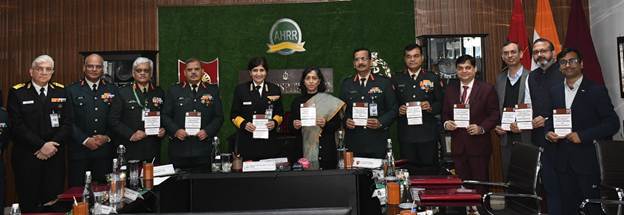
PM Narendra Modi at White House with the US President, Joe Biden, on June 22, 2023.
Analysis: Modi’s visit unfolds a new chapter in India-US relations
![]() By G Krishnamohan Rao*
By G Krishnamohan Rao*
After Prime Minister Narendra Modi’s four-day visit to the United States, India-US relations are taken to a new level, with “ technology” becoming a core point in the strategic partnership.
The political leadership on both sides have apparently shown maturity as well as realism and long-term interest of both countries. Apart from a common geopolitical threat from China, the convergence of many interests between the two countries forced them to come close, in the present world.
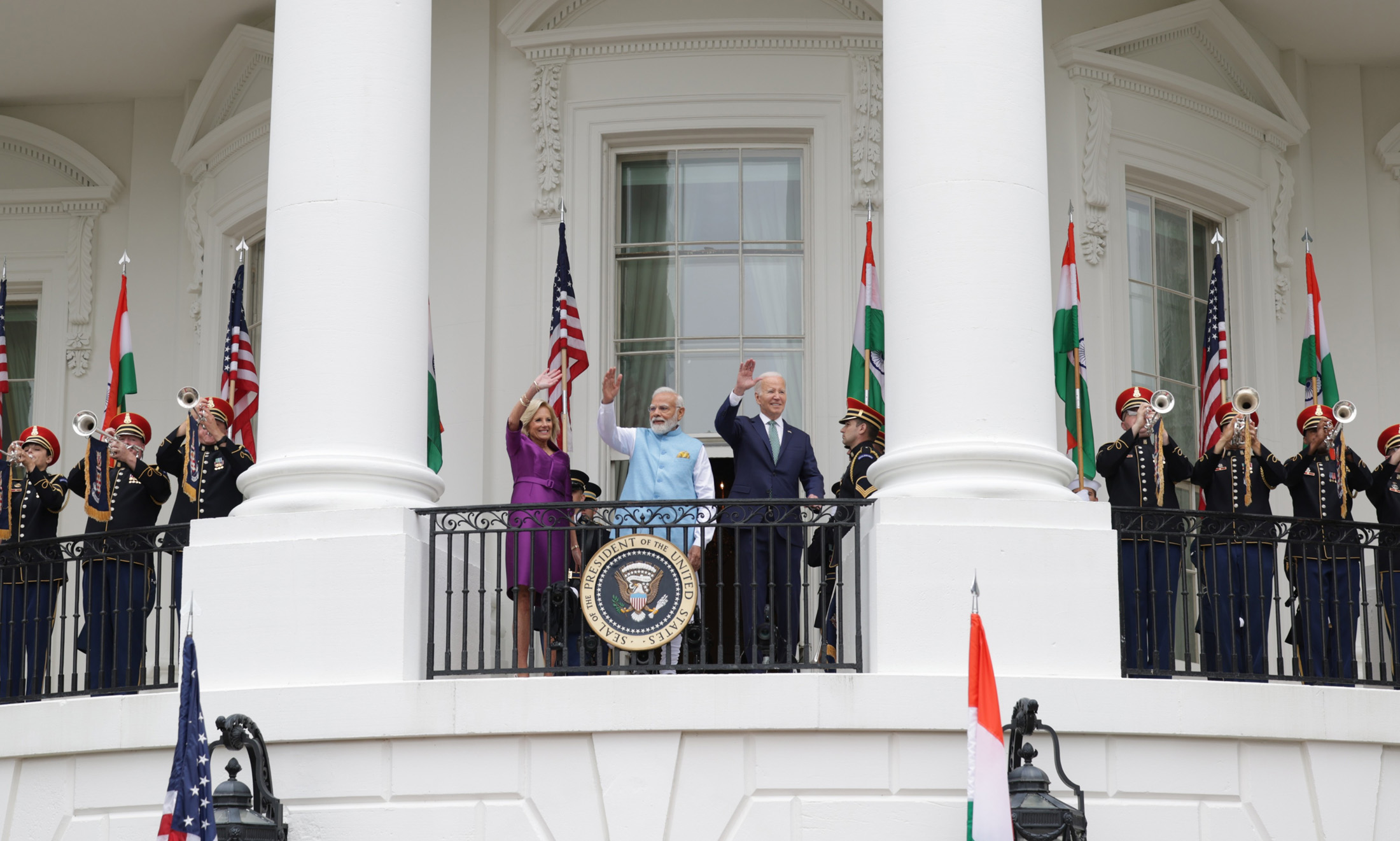
A long 58-paragraph, Indo-US joint statement issued by the White House after the summit meeting of both the leaders reflects close ties between the two nations. Earlier, India-US relations always suffered from a “trust deficit” due to US support to Pakistan as well as many other reasons. Now the real challenge before the two nations are to maintain the tempo and momentum based on a joint statement and consolidate the relations in the backdrop of both countries heading for polls next year.
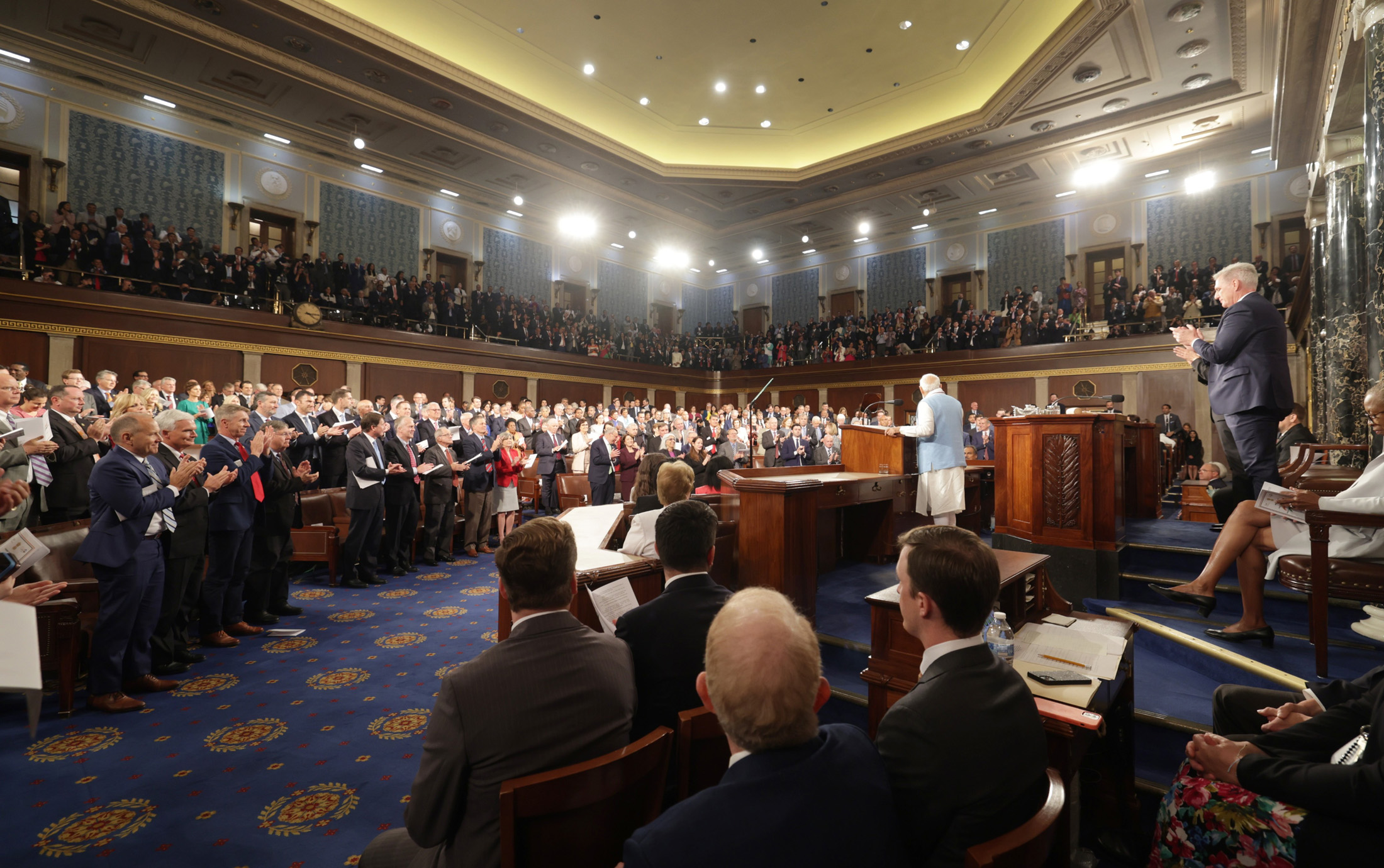
Both Modi and US President Joe Biden held a significant summit on Thursday, June 22, 2023, followed by Modi’s address to the US Congress and a state dinner hosted at the White House by the Bidens in his honour.
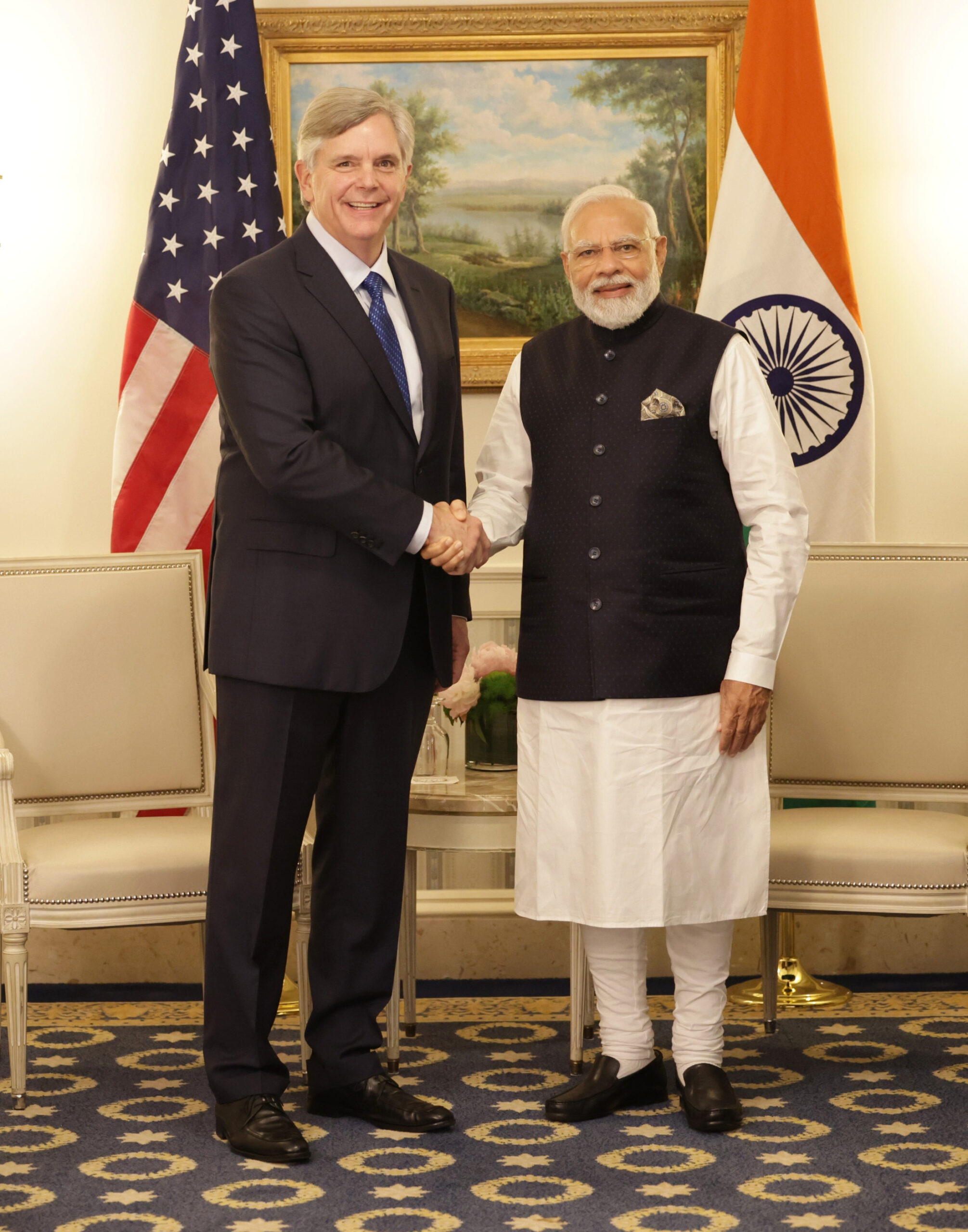
The visit was marked by several major deals to boost cooperation in key areas such as Defence, Space and Trade. Modi and Biden hailed the “landmark” pact to jointly produce jet engines in India to power military aircraft and the US drone deal. With both countries set to elevate their strategic partnership, GE Aerospace announced that it has inked a pact with HAL to jointly produce fighter jet engines for Indian Air Force’s light combat aircraft.
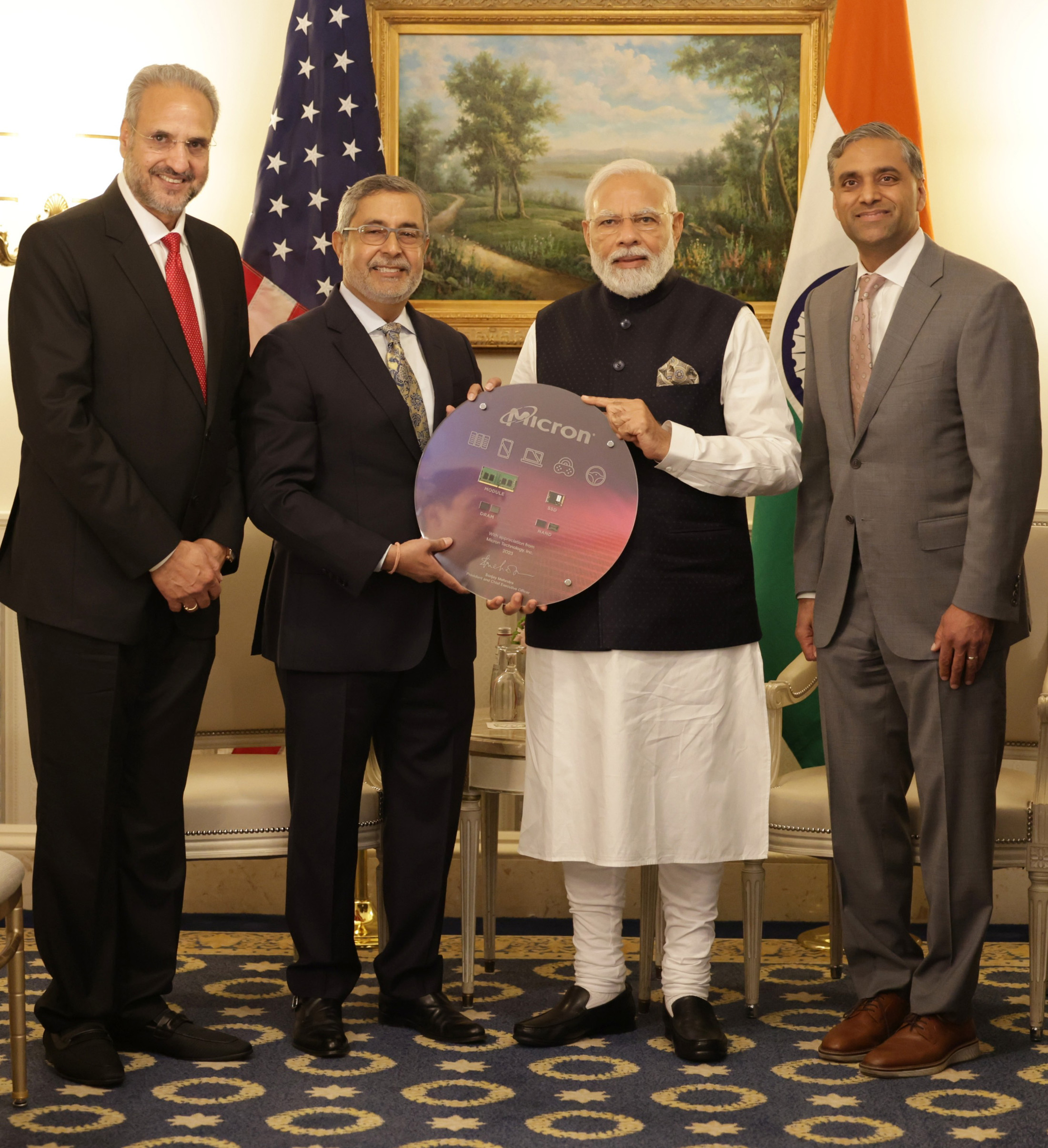
In another big-ticket announcement, computer storage chip maker Micron said it will set up its semiconductor assembly and test plant in Gujarat, entailing a total investment is Rs 22,540 crores. India will join US-led Artemis to return humans to the moon by 2025. NASA and ISRO agreed on a joint mission to International Space Station next year. Semiconductor toolmaker Applied Materials will invest 400 million dollars over the next four years in a new engineering centre near Bengaluru.
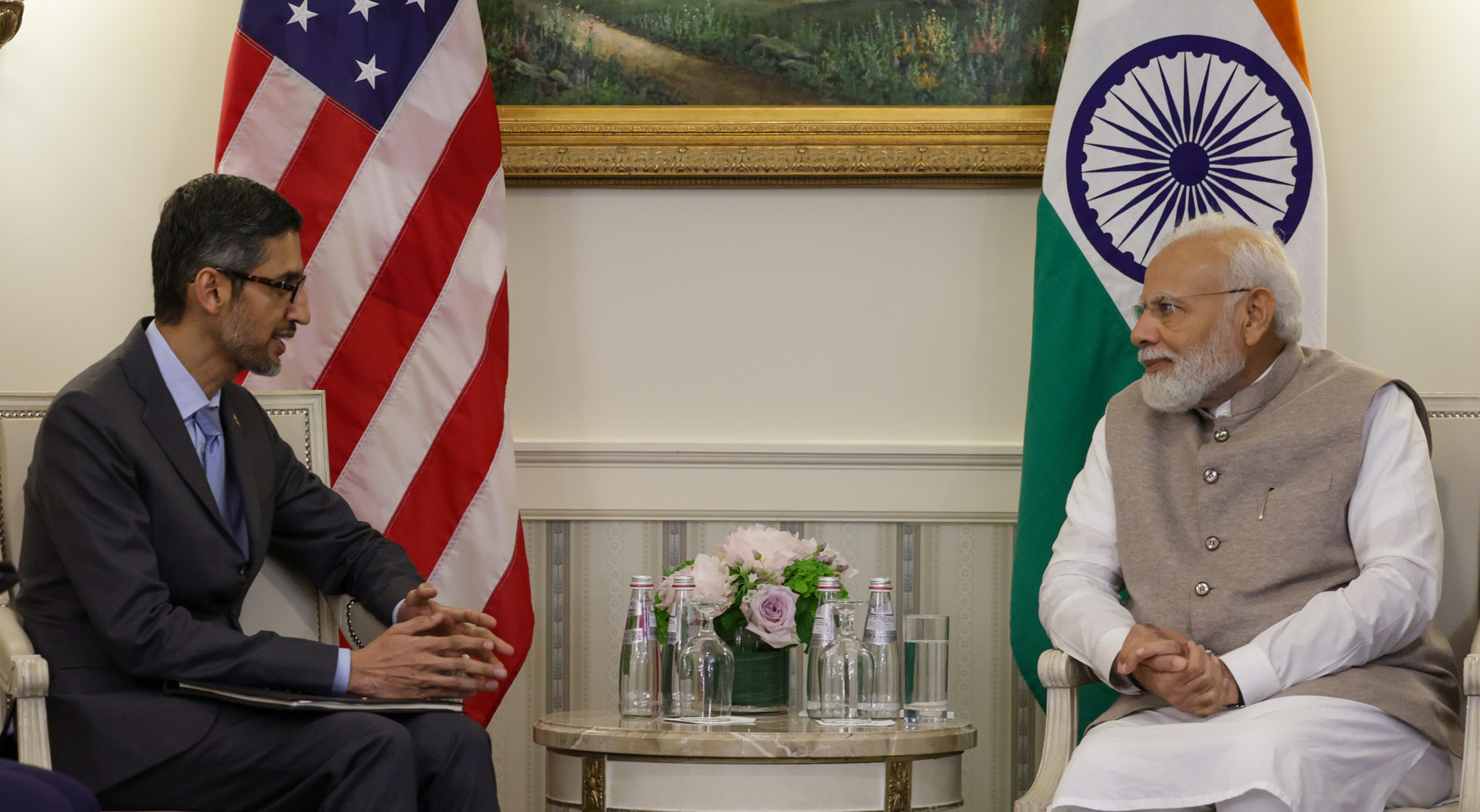
During the high-tech handshake at the White House mega event, Modi and Biden interacted with many captains of industry from various fields including semiconductors, manufacturing, space and start-ups. Both the leaders urged the tech czars on both sides that ‘’now is the time, seize the moment”. Notable inclusions were Tim Cook from Apple, Revathi Advaithi (CEO of Flex), Sam Altman (CEO of Open AI), Mark Douglas (CEO of FMC corporation), Sunder Pichai (Google) and Satya Nadendla (Microsoft) Mukesh Ambani of Reliance and Anand Mahindra of Tech Mahindra among others. This gathering highlighted the immense potential for India-US tech cooperation, with President Biden urging the CEOs to expand the partnership.
Diplomats in New Delhi say that Modi’s hi-tech handshakes resulted in —Amazon, Google and Microsoft—announcing substantial investments and technological cooperation to foster the growth of Indian technology. Leading the pack, Amazon has pledged to invest an additional 15 billion dollars in India over the next seven years. These commitments reflect the recognition of India’s vibrant developer ecosystem and the country’s potential as a global tech hub.
Meanwhile, steps are being taken to tackle enduring areas of strain. The new strategic trade dialogue tackles export controls. The initiative on Critical and Engineering Technologies (iCET), being overseen by the American and Indian national security advisors, aims to surmount longstanding bureaucratic hurdles to deeper technology coordination cooperation.
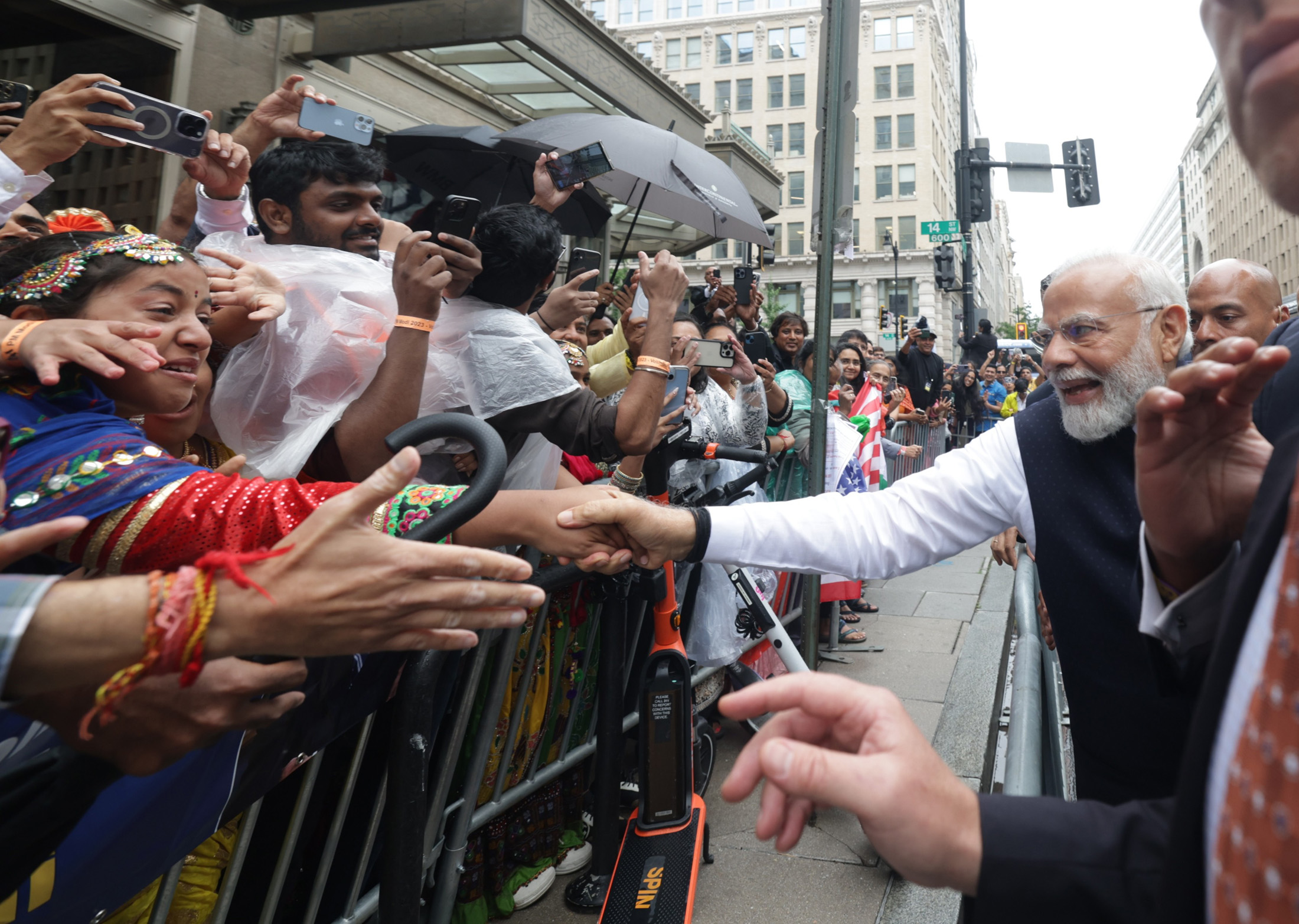
All said and done, the 4.5 million Indian diasporas are also playing a very important and catalyst role in consolidating the Indo-US relations, which earlier faced a trust deficit. Being the second highest minority group, Indians constitute the highest earning group and are richer than the Chinese. Besides heading Google, Microsoft, IBM and others many Indians work in high places even in the Biden administration.
Further, many Indian executives and professionals are working at all levels especially in the tech world and finance, but also in corporate America. In general, these people take the pro-India line.
As a symbolic gesture, the US announced a pilot project to ensure that Indian-origin individuals would no longer be required to leave the US for H-1B visa renewals and it will be done in the US itself. Currently, Indian nationals accounted for a substantial 73 per cent of the nearly 4,42,000 H-1B workers in the fiscal year 2022, making them the most active users of the H-1B programme
In order to strengthen the people-to-people relationship, the US expressed its intent to open two additional Consulates in Bengaluru and Ahmedabad, while India said it will establish a new consulate in Seattle and two more in two other cities. These Consulates are expected to strengthen and deepen the ties between the two.
*Senior journalist




